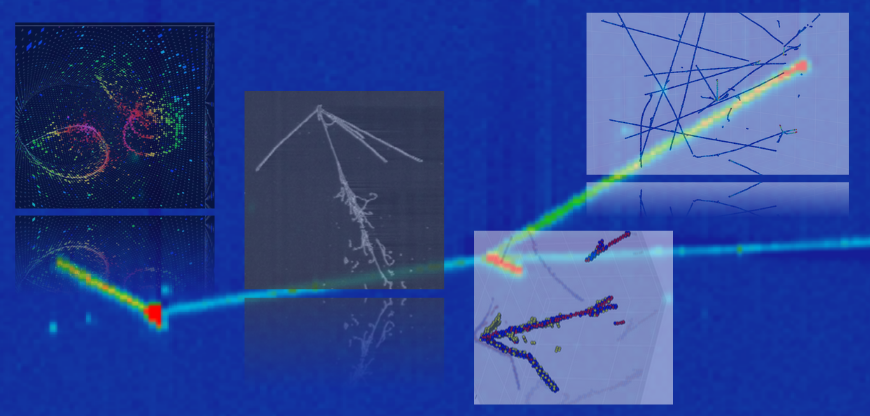Speaker
Ka Ming Tsui
Description
Traditional Monte Carlo (MC) simulations rely on accurate modeling of both physics processes and detector responses. However, optimization with calibration data is often challenging,or even impractical, due to stochastic effects and the high dimensionality of correlated parameters.
Within the CIDeR-ML Collaboration, we are developing differentiable surrogate models that enable automated optimization to reduce data-MC discrepancies. In this contribution, we will present an application to the Water Cherenkov Test Experiment (WCTE), a test beam experiment at CERN that concluded operations in Spring 2025. We will also compare the performance of this approach with that of traditional calibration and reconstruction methods.

